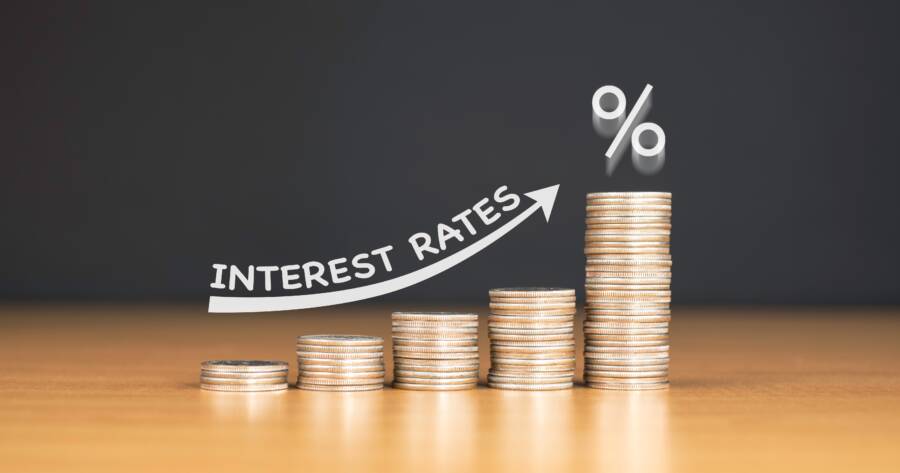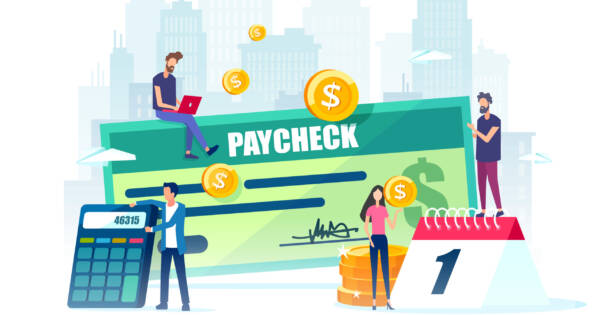- After a long period of record lows, the federal government recently announced a 0.50% hike in interest rates.
- The new rate is designed to help combat inflation, which recently hit record highs.
- Rising interest rates can impact your own personal budget in multiple ways. Mostly, it now costs more to borrow money of any kind.
You may have seen the headlines lately. The U.S. Federal Reserve is raising interest rates, most recently hiking them up half a percent in early May 2022. While half a percent might not seem like a big change, it’s actually the largest jump since 2000. Fed Chairman Jerome Powell went on record saying, “we’re strongly committed to restoring price stability.” Experts speculate that more hikes could come in 2023 and 2024.
But what does all that mean for you, the average American just trying to pay the bills and save for retirement? Are high interest rates good or bad for the overall economy? Are things going to get more expensive?
Let’s break everything down, as we explain what rising interest rates will do to your household budget.
Federal Interest Rates
Let’s back up for a second, though. What exactly is the Federal Interest Rate? And why does it matter?
The rate is a baseline determination of how much banks charge each other for short-term lending. It’s also tied to many adjustable rate consumer debt products. It was previously set at 0.00%-to-0.25%, an extremely low rate. The recent rise puts it in the 0.75%-to-1.00% range.
The Federal Interest rate impacts many aspects of our economy. It makes it more expensive for businesses (and consumers) to borrow money, which typically reduces spending. It can also cause your savings account to yield less of a return. Some financial experts think the Feds cause continue to slowly raise the rate until it hits 3.00%. It hasn’t been that high since February 2008, when the housing crisis began and Feds bottomed out the rate to compensate.
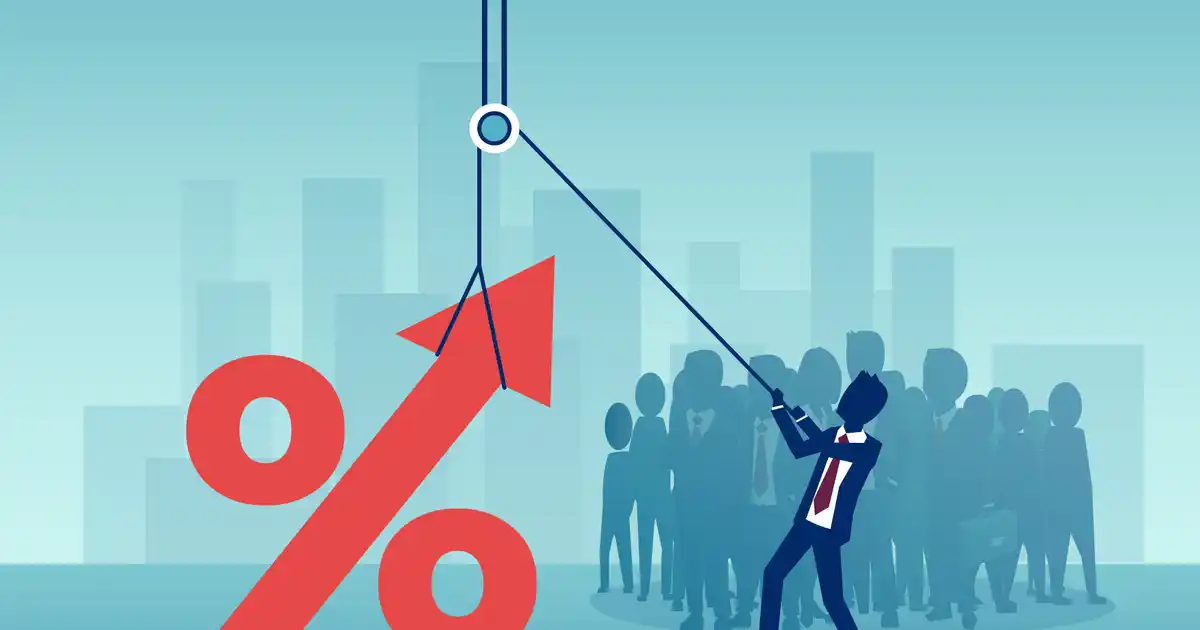 Shutterstock
ShutterstockInterest Rates and Inflation
Now that we know what the Federal Interest Rate is, let’s address the next most obvious question: why is it going up? The short answer is “to combat inflation.” But how does that work, exactly?
Inflation is the gradual increase in price of goods and services. In normal conditions, it generally runs around 1.5%-to-2% annually. However, due to a variety of reasons, we’re seeing massive inflation rates in 2022. Depending on which source (and month) you use for your calculations, we’re seeing inflation anywhere between 7% and 12%.
The Feds change the interest rate in order to (at least partially) curb inflation. If the cost of borrowing goes up, more companies and citizens tighten their belts and spend less. With less cash being loaned out and spent, the value of the dollar increases. When the value of the dollar increases, it’s purchasing power rises too, fighting the affects of inflation. However, it typically takes roughly a year to see the corrections that changing interest rates enforce.
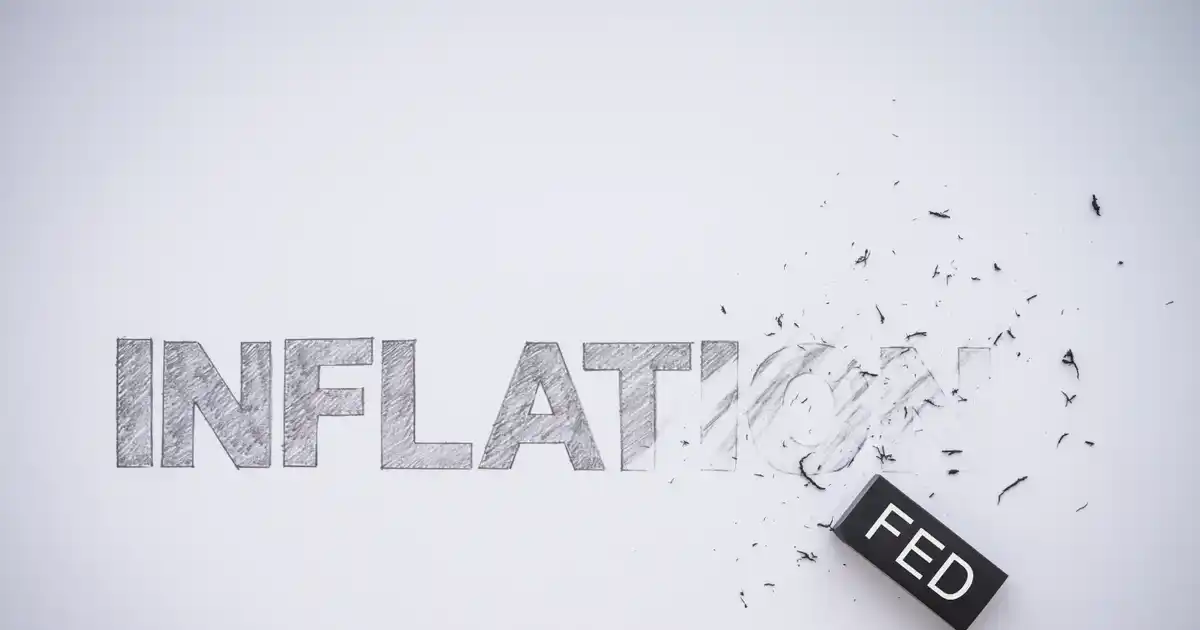 Shutterstock
ShutterstockMortgage Payments
One of the biggest impacts of a raise in interest rates is felt by those with variable rate mortgages. The term “variable rate” literally refers to the federal interest rate. That means when the feds hike the rate, some mortgage payments will go up with it. If you have a “fixed mortgage” instead, your interest rate will be locked in at a certain percentage, for a certain time frame. The good news is that your payments won’t change. The bad news is that when your mortgage is up for renewal, you might be dealing with a much higher interest rates.
If you are on a variable rate mortgage, your payments will rise much sooner. It’s part of the gamble of opting for that type of mortgage. You reap the rewards when the feds lower the interest rate, but you pay extra when they raise it. If you have the option, you should probably call your mortgage provider and see if you can lock in a certain rate now, before it goes higher.
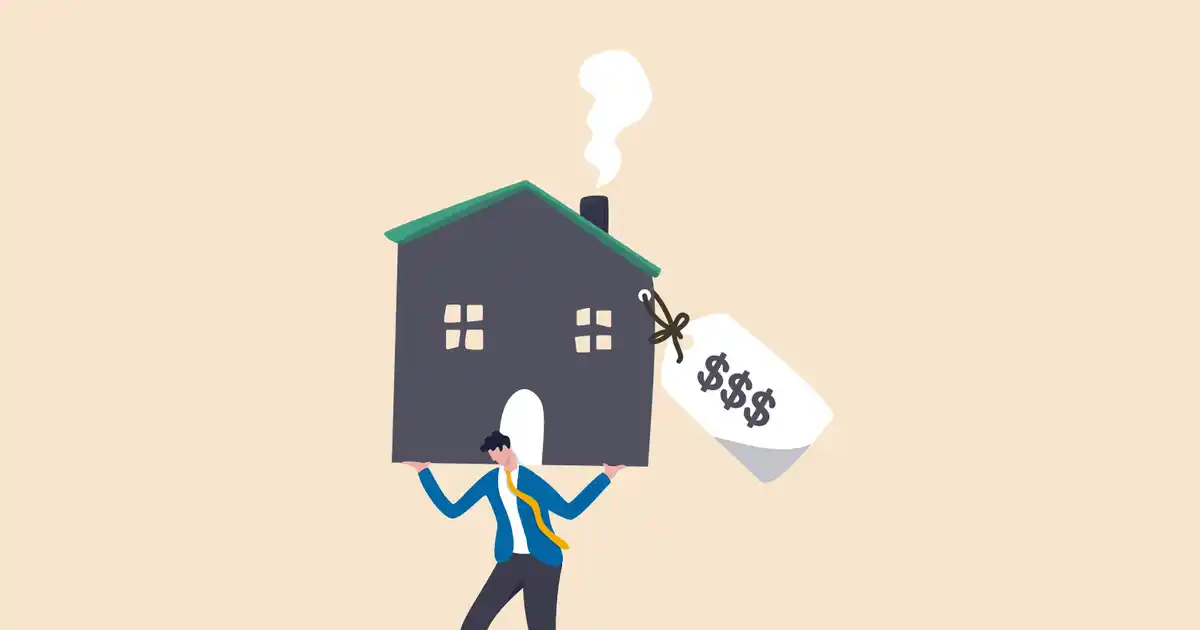 Shutterstock
ShutterstockRent
Maybe you don’t have a mortgage at all, because you’re still renting. That’s okay, since buying a house is a difficult financial milestone to reach — especially these days. So what does rising interest rates mean for your rent? The short answer here is: “It depends.”
If you live in a jurisdiction with rent control laws, your landlord isn’t legally allowed to raise your rent more than a certain percentage annually. If you don’t, you could get hit with a hefty rent increase. After all, someone probably owns a mortgage on your rental. And their mortgage may have just got more expensive.
Do some research about landlord/tenant laws in your city or state. Make sure you know what rights you have as a tenant before you agree to any rent increases.
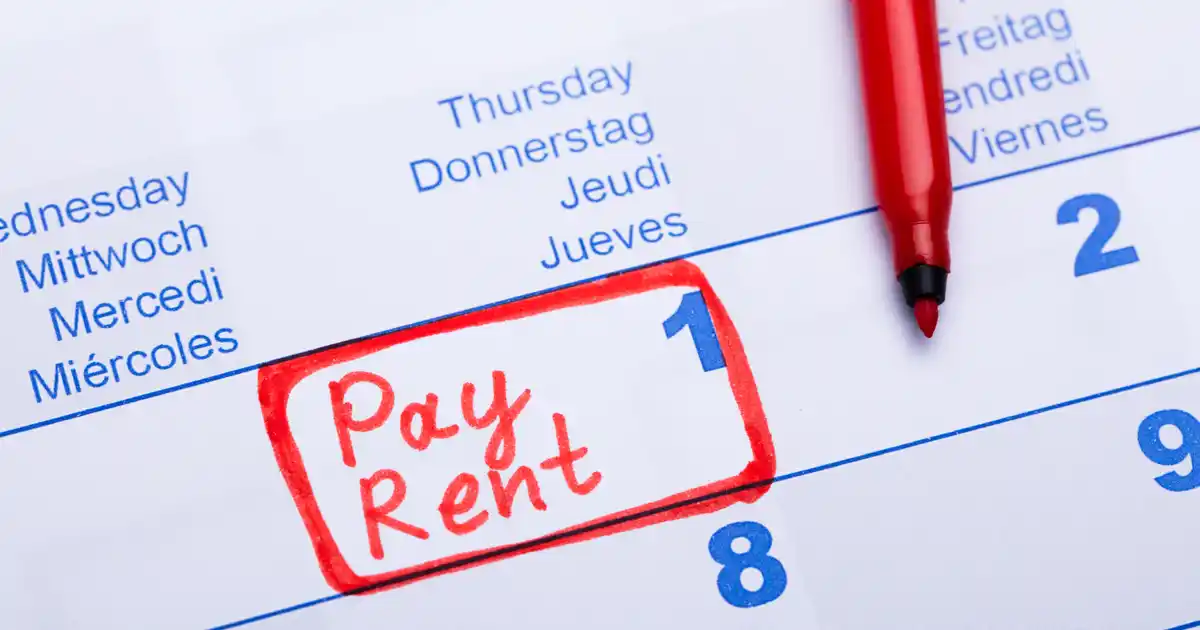 Shutterstock
ShutterstockCar Loans
Much like mortgages, car loans come in a variety of shapes and sizes. While variable rate car loans aren’t very common, they do exist. The same applies to any other type of consumer loan purchase too, whether it’s a car, truck, motorcycle, boat, RV, or even expensive furniture or electronics. If you’ve bought any of those things with some sort of variable rate financing, it just got more expensive than your anticipated.
Similarity, any new fixed rate loans will be more expensive too. Dealer and third-party financing deals will see their interest rates tick up a bit too, to stay in line with the federal rate. If you’re shopping for new car (or boat or whatever), you might be wise to speed up the process before the rates go up further.
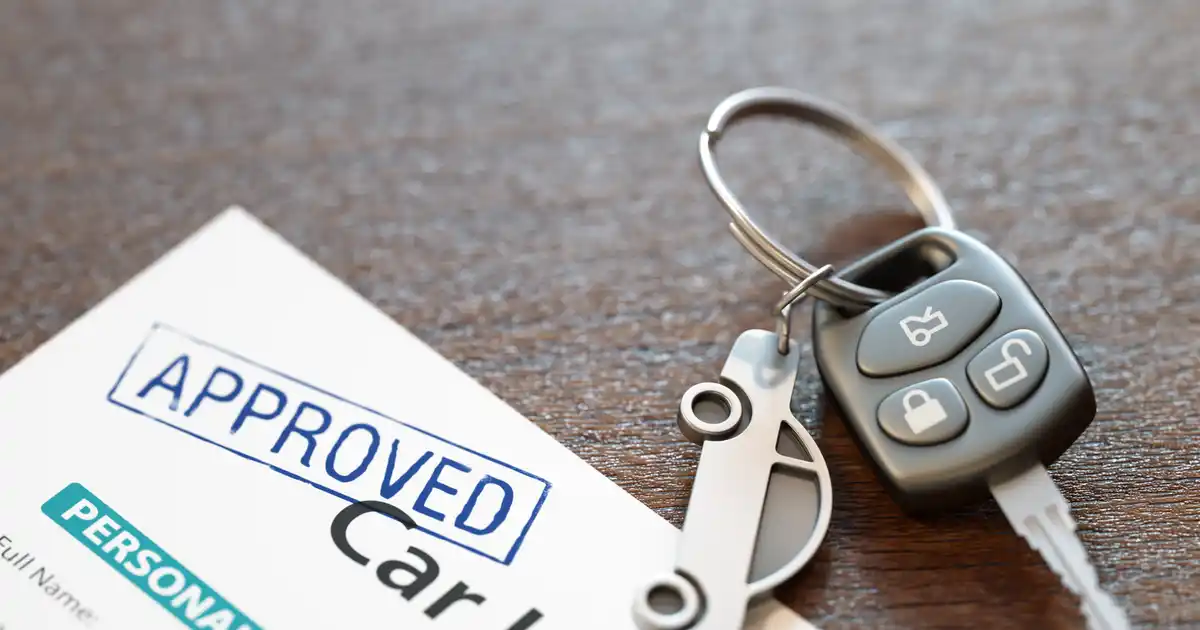 Shutterstock
ShutterstockCredit Card Rates
Generally, credit card interest rates are already much higher than the base federal rate. However, some credit cards have an Annual Percentage Rate (APR) that is variable. That means a change to the federal rate can cost you more in credit card interest payments. It can also raise your monthly minimum payments (but please pay more than that).
An interest rate hike is also bad news for those seeking their first credit card, especially if their credit score isn’t great. The increased interest rate means that companies will be a bit stricter with who they offer credit to. If you don’t have a strong credit history, you may be rejected for a credit card that you would have otherwise qualified for if the rates were lower.
 Shutterstock
ShutterstockPrivate Student Loans
The good news is that federal student loans always have a fixed interest rate. So nothing the feds do will cause your payments to go up or down. (Unless student debt relief actually gets passed, but that’s another story altogether.) However, if you have private student loans (or even refinanced your federal loans through a third-party), you could be subject to a variable interest rate.
Rising interest rates could raise your student loan payments. If you have an outstanding variable rate loan, you should contact your lender to see if there are any opportunities to lock in a rate now. After all, it seems likely the federal interest rate will rise again soon.
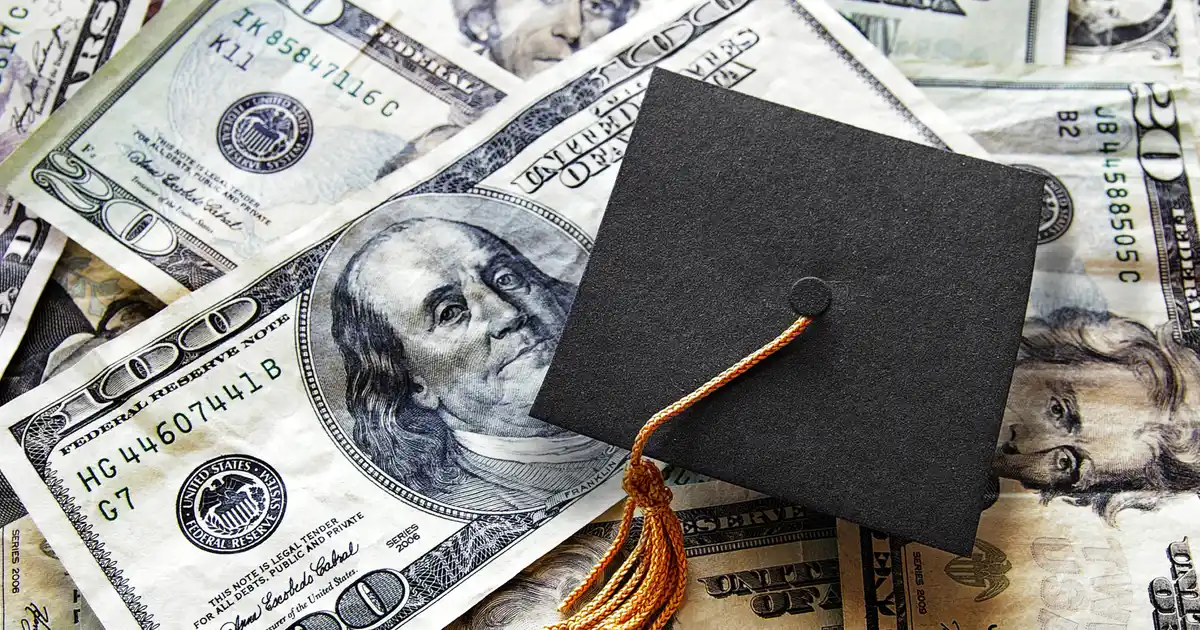 Shutterstock
ShutterstockYour Return On Savings
Finally, a bit of good news. If you have a savings account, it will grow faster when federal interest rates go up. Sure, a half-percent doesn’t seem like much. But extra money is still extra money, whether your savings account only holds a couple hundred dollars or a hundred thousand.
Other savings vehicles, like CDs (Certificate of Deposits) and Money Market accounts, will also offer higher payouts. It’s a slow, gradual process though. It also comes with a downside. Since the feds are raising the interest rate to combat inflation, the savings account returns won’t actually outpace the inflation rate. Your savings are actually decreasing, even though the dollar amount is technically rising. This is simply because those dollars have less buying power than before, thanks to inflation.
 Shutterstock
ShutterstockEntrepreneurship
One of the trickle effects of rising interest rates is a slowdown of small business startups. Since borrowing money for start-up costs gets more expensive when rates go up, plenty of would-be entrepreneurs put their plans on hold. It’s an unfortunate byproduct of inflation. Those small businesses could employ thousands (or even millions) of Americans and add to the overall economy.
It’s not all bad news, though. High inflation and interest rates also tend to reduce unemployment. Since goods and services are more expensive, employers generally have to offer better compensation packages to attract (or retain) workers. That’s a good environment for the labor force, who remain in high demand.
 Shutterstock
ShutterstockHow To Cope With Higher Interest Rates
There’s not much you can do about interest rates. The feds will set it to where ever they think is best, and you’ll have to just learn to cope. That being said, there are a few tactics you can try to reduce the strain it may cause to your budget.
For starters, check if any of your debt or loans are variable rates. We’re talking your mortgage, car loan, credit cards, or even line of credit. If they are, you should call your lender and see if it’s possible to switch to a fixed rate. There may be penalties for doing so, so make sure you crunch the numbers to see which option is best for your budget.
 Shutterstock
ShutterstockCredit Score
Another way to cope with high interest rates is to work on improving (or maintaining) your credit score. Whenever you need to obtain credit of any kind, your credit score will factor into the equation. While the federal interest rate might provide the baseline interest you’ll pay, a bad credit score means you’ll only be offered loans or credit cards with very high interest rates. That will cost you extra money.
You should always be keeping an eye on your credit score, regardless of whether federal interest rates are going up or down. However, when rates are rising (like they are right now), it’s even more important to pay your bills on time, reduce your debt, watch for any mistakes on your credit report, and keeping your finances generally stable. A good credit score will help counter the rising interest rates, if you need to borrow money in the near future.
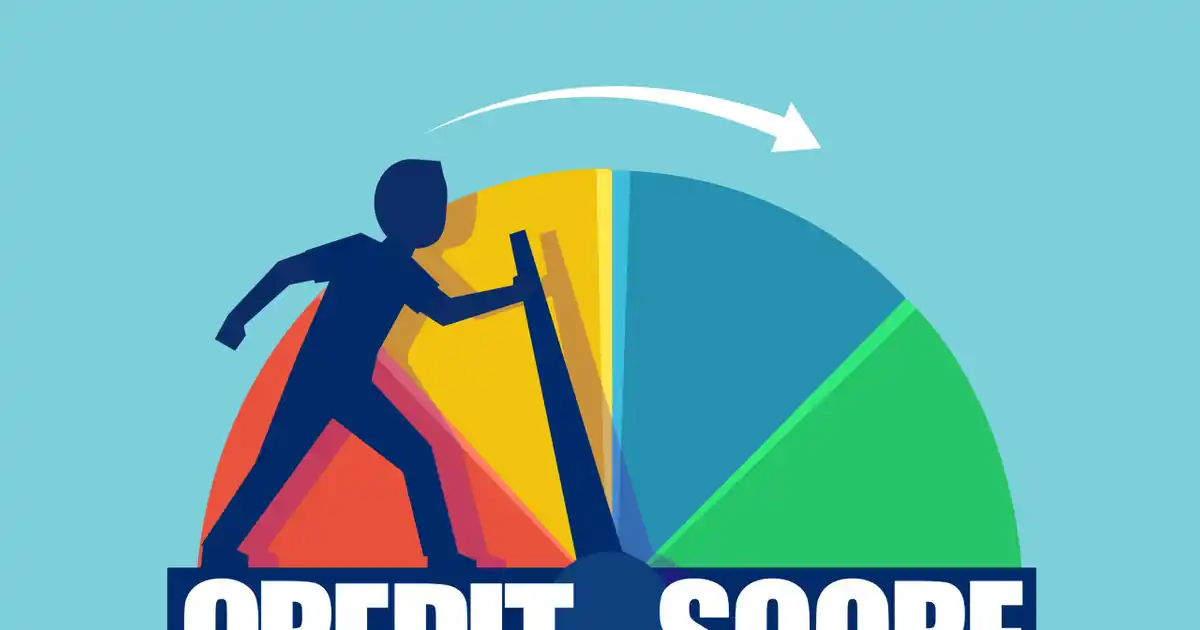 Shutterstock
ShutterstockStock Market Investing
One of the best ways to combat the double-edged sword of higher interest rates and high inflation rates is investing. Over a long enough time-frame, the stock market generally returns a 6%-to-10% profit annually. If you’re feeling like your dollars are not stretching as far as they used to, you can grow a bit of extra wealth of investing in things like mutual funds or stock indexes.
We do realize that suggesting you take more money out of your monthly budget to stash in stocks might seem counterproductive — especially if you’re already struggling to pay the rent or put food on the table. However, life isn’t going to start getting less expensive any time soon. Your future self will be be in a much better place if you can commit to consistent investing now.
 Shutterstock
ShutterstockThe Bottom Line
With inflation rates exploding, the feds are left with little choice but to raise interest rates. Eventually, the decision should help curb the inflation. Unfortunately, it means that borrowing money just got more expensive for everyone. In some cases, that also includes money you’ve already borrowed in the past, but are still paying back.
Check your debts and see if they are variable or fixed rates. If you have the option to convert to a fixed rate, explore it thoroughly. If you’re thinking about borrowing money in the near future (for a mortgage, car, or business), plan carefully. Your previous budget might not work with the recent interest rate hike. And if the rate continues to go up in the future, you may need to adjust your borrowing plans again.
 Shutterstock
Shutterstock